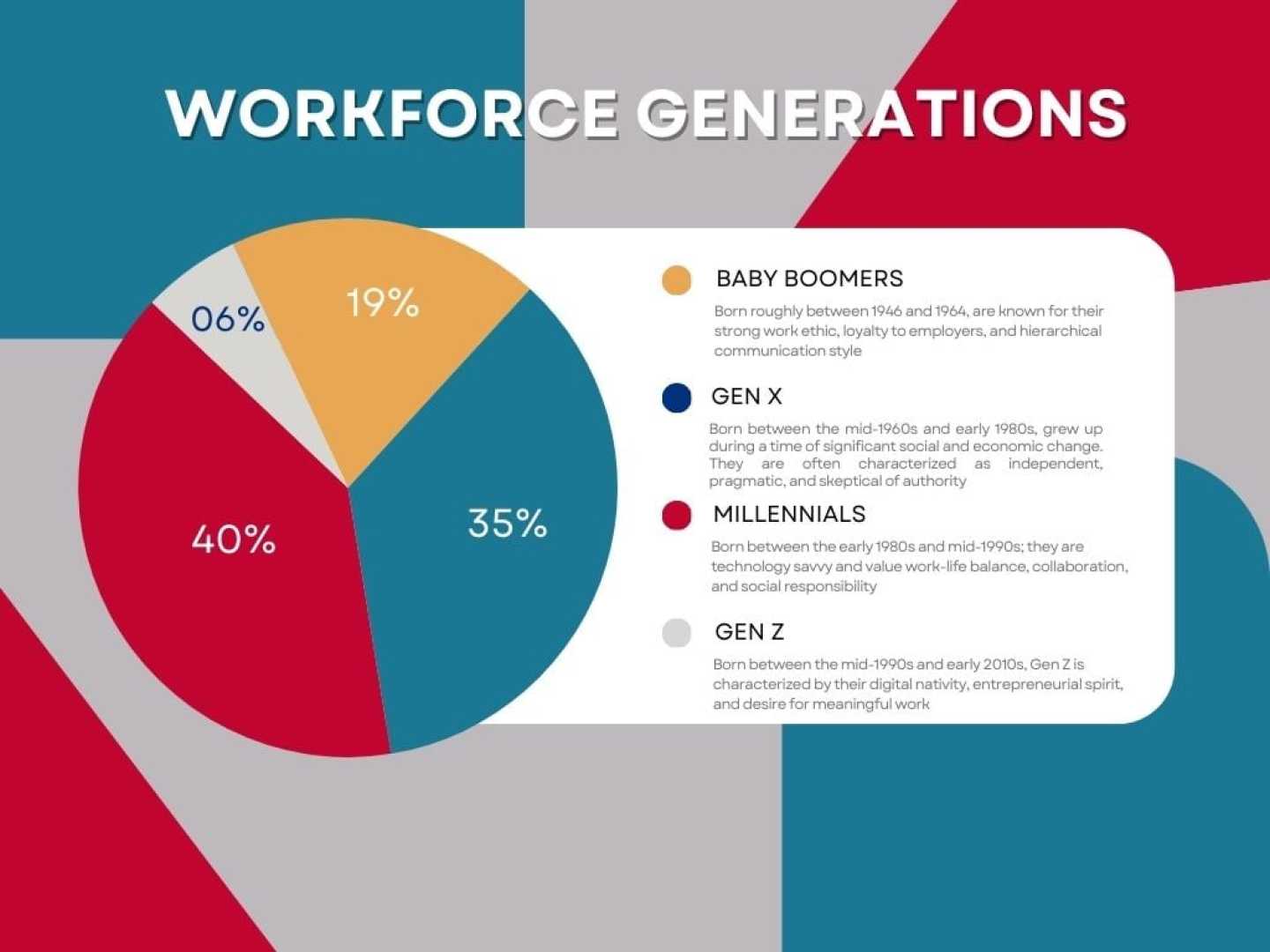Business
Generational Gap in the Workplace: Employers Voice Concerns Over Gen Z Hires

Recent reports highlight growing concerns among employers regarding the performance and workplace readiness of Generation Z employees. A significant portion of employers have reportedly let go of young hires shortly after they began work. According to a recent survey, approximately 60% of employers have already dismissed some Gen Z employees hired earlier this year.
Business leaders such as Richard Branson and Mark Zuckerberg have previously emphasized the importance of attitude over formal qualifications. However, the current discourse suggests that the gap between education and employment expectations may be widening. A survey reveals that three-quarters of recent hires were regarded as unsatisfactory by their employers, who primarily cited a lack of motivation and initiative as key issues.
Further criticism points to Gen Z employees’ perceived unprofessionalism, disorganization, and insufficiency in workplace culture understanding. Frequent tardiness and inappropriate workplace attire were also noted as tangible issues leading to a broader conclusion: today’s graduates are arguably underprepared for the demands of the professional world.
Recognizing these challenges, some educational institutions are taking steps to better prepare students for professional life. Michigan State University has taken initiatives to teach students effective communication and networking skills. Moreover, a high school in London is experimenting with longer school days to acclimate students to adult responsibilities.
Experts suggest that if Gen Z is to succeed in the workforce, they will need to prioritize developing emotional intelligence skills. These include maintaining a positive attitude, showcasing adaptability, and effective networking, which are increasingly valued by employers over traditional academic achievements. As Matthew Meads, a prominent executive from Cisco, stated, success often hinges more on attitude and aptitude than formal education credentials.
Employers believe that a motivated and optimistic outlook among new employees could significantly improve workplace dynamics and outcomes. The emphasis on attitude is seen as crucial for young professionals aiming not only to obtain but also to thrive in their jobs.












